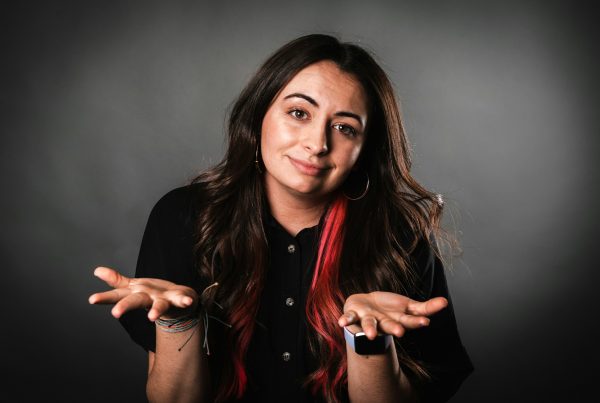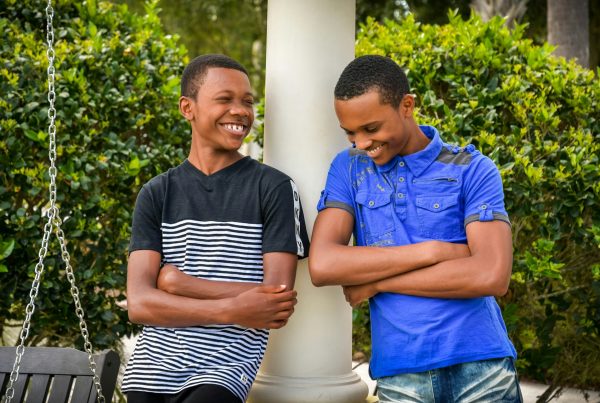I have finally drained my 529 plan accounts. And I could not be more thrilled about it.
This was the outcome I had been planning for. It took nearly two decades of saving up, and a relatively few short years of spending, but my sons are now bachelor’s degree holders in Statistics and in Environmental Economics and Policy, respectively, as proud members of the collegiate Class of 2022.
In 2001, I was a wife and mom of two toddler-aged sons in the early months of a new career when my world collapsed. Within a few months of my younger son’s first birthday, I found myself flying solo as sole provider and single parent to both of my kids on an annual income of $45,000. In short order, I had sold our home, liquidated savings, and zeroed out my IRA account in order to settle sizeable financial debt burdens that had also been saddled upon me and to stay afloat.
I did not touch the boys’ 529 plans. Instead, I funded them.
As their mom, I felt a tremendous responsibility for bringing these boys into the world, and it was my duty and privilege to lead them down a path that would set them up for the best opportunities when they were no longer under my roof – it was a path that included ensuring they could graduate from college as unencumbered with student debt as possible.
I did it by saving as much as I could over many years in their 529 plans. In the lean years, that would have been $25 a month just to keep the habit going. I did this by lowering our expenses drastically. By sharing a home with my parents. By taking low-cost car trip vacations. By keeping my car going for more than 240,000 miles. I never turned off the saving. It took a village – meaning that the boys’ Christmas, birthday gift checks and Lunar New Year “Red Envelopes” (an Asian tradition of gifts of cash or “lucky money” presented to children during the Lunar New Year) from relatives went directly into their college accounts. And when they started after school and summer jobs, they learned to pay themselves first by depositing portions of their paychecks into their savings accounts.
Having these accounts made it natural to have discussions with my sons about what the funds were there for (their futures), and easier for them to understand why money from gifts or jobs might be better invested in themselves over the newest in gaming. It was also a way to have conversations with extended family about how valued college funds would be as gifts. I introduced the boys to their education savings balances at early ages, and they were able to watch their balances grow over the years.* And ultimately when college application season came around, they were able to make their decisions on where they’d like to apply and where they were likely to go within the context of understanding the financial implications of that decision.
Mine is not a unique story, many of us are driven to provide for the futures of our loved ones – it’s why we save for and invest in them. The day will soon come when you realize all the effort of your sacrifice and saving with foresight. Having saved for the long haul, you too can benefit from having earmarked savings which can make a meaningful difference on your family’s cashflow when the tuition and residential housing bills begin to arrive – until then, you would do well to continue to save for the day that you will have drained your 529 plan account.
*Results experienced by the 529 plan account owner may not be representative of the experience of another/other account owner(s), and there is no guarantee of future performance or success.
F-2712249P-O0224W









